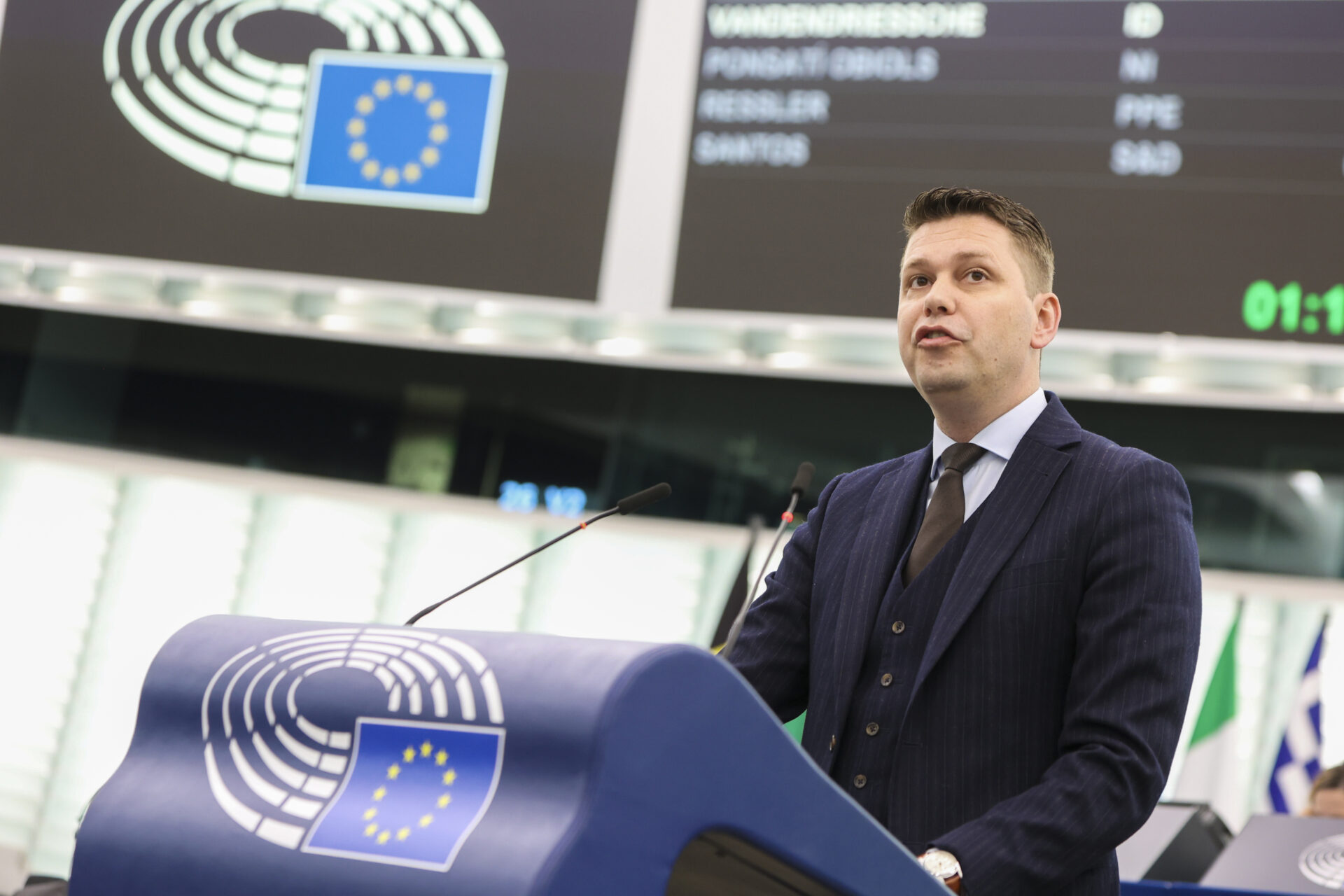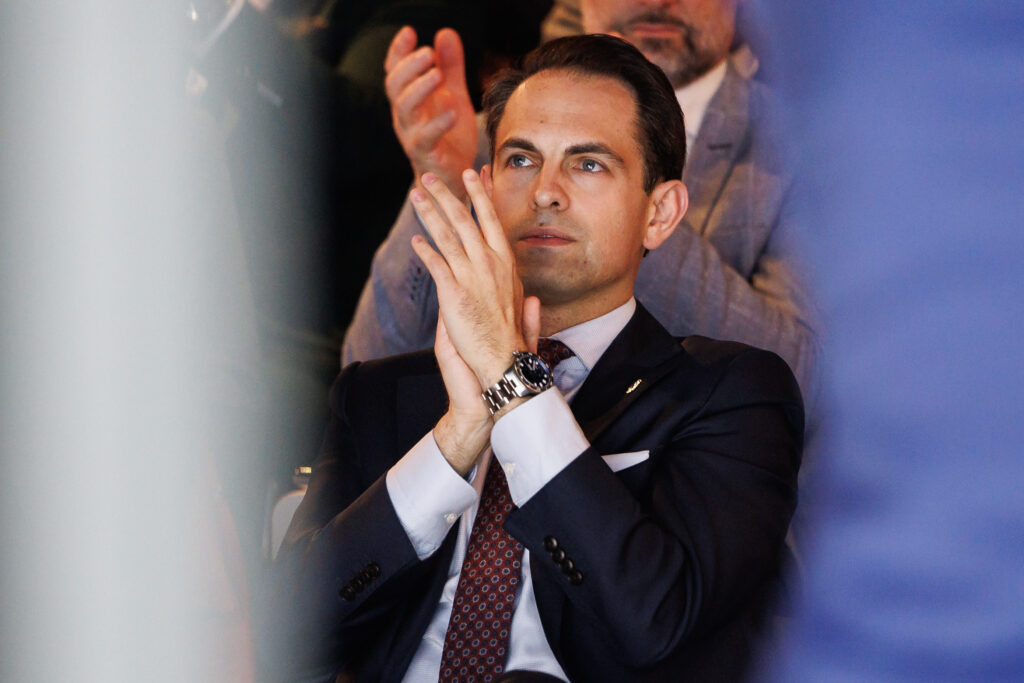Flemish far-right party Vlaams Belang is advocating for a return to the intergovernmental collaboration in Europe of 70 years ago, according to MEP Tom Vandendriessche, the party’s leading candidate, who unveiled their European programme ahead of the elections on Monday.
Vlaams Belang is calling for a revival of "Europe of peace and cooperation," however, some parliamentary groups, such as Germany’s AfD and France’s RN, who are affiliated with their far-right Identity and Democracy (ID) alongside the party, stand accused of collusion with Putin’s Russia. Russian propaganda media outlet, Voice of Europe, has reportedly published interviews with Vlaams Belang’s MPs.
The secessionist party promotes the entrenchment of veto rights, countering pro-European call for a majority vote to streamline decision-making. They argue veto rights would help smaller countries oppose policies their citizens did not vote for.
As a party which campaigns against immigration, Vlaams Belang rejects the EU Migration and Asylum Pact which establishes a solidarity mechanism between Member States in hosting refugee applicants while toughening conditions at Union’s external borders. The Flemish nationalists also oppose the European Green Deal aimed at making Europe carbon neutral by 2050, combating climate change; as well as denouncing any policies supporting the rule of law, claiming they diminish Member State sovereignty.

Vlaams Belang MEP Tom Vandendriessche has been accused of using 'Nazi-like' language. Credit: EP Photo
Polls predict a far-right boost in the European Parliament after the June 9 votes, which could be possibly inconsequential in opposing a pro-European coalition, but will likely complicate the European Union's operations and efficiency. Vlaams Belang also opposes a re-election of the current Commission President, Ursula von der Leyen.
Von der Leyen’s 2019 appointment was a close call in voting terms, which, post the June 9 elections, could require additional support may from outside the current conservative EPP, Social Democrats S&D, and liberal Renew Europe coalition. Prime Minister Giorgia Meloni’s party the Fratelli d’Italia could bolster support and simultaneously leave the ultra-conservative ECR group, where N-VA is, to join the EPP.
Queried on what an ECR without one of its main members would look like, far-right ID party leader Gerolf Annemans, who also stands third on the VB list, stated, "Talks are currently ongoing to unite several entities"
Discussions also reportedly involve Viktor Orban, Hungary’s Prime Minister, whose party Fidesz presently does not belong to any political group. Annemans has ambitions of uniting parties situated to the right of the EPP into a single European campaign.

